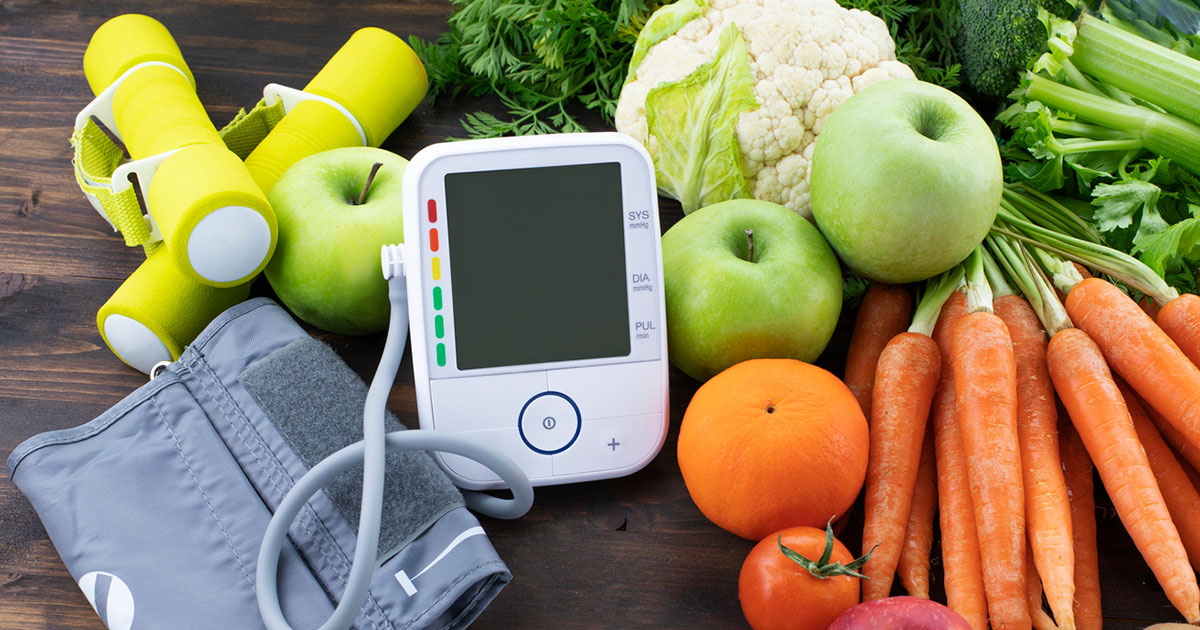We are all familiar with the consultation — the standard way in which we meet with people to discuss their diabetes and undertake the surveillance necessary to minimise the risks of the condition. The types, aims and outcomes of consultations in diabetes care are discussed below. This article focuses on consultations as part of ongoing care, rather than emergency or acute consultations, in recognition of the fact that the former are the most prevalent in our work with people living with diabetes.
Types of consultation
Most reference texts about providing diabetes care recommend protected time for clinics and an annual medical review plus one or more interim reviews per year (European Diabetes Policy Group, 1998; MacKinnon, 1998). These face-to-face meetings are usually regarded as an opportunity for providing education as well as assessing medical needs. In addition, there may be telephone consultations, which are increasingly being used in general care, as well as diabetes care. These are often used to ‘troubleshoot’ between clinic visits and can prevent unnecessary extra visits to the practice or hospital (RCN, 2000).
All members of the primary healthcare team undertake consultations, including pharmacists (Royal Pharmaceutical Society, 1999) and dietitians (BDA, 1999), so the content of consultations will vary from the general to the specific, depending on the professional concerned. This multidisciplinary approach is of great value in meeting the many demands of people with diabetes, because at certain times one aspect, e.g. diet, will be more important than another.
What is a ‘good’ consultation?
Ask any users of health services, yourself included, what they would like from a (non-emergency) consultation with a health professional and their answers will be remarkably similar — usually something about obtaining the right care delivered in a manner which respects their experience and offers them the opportunity to ask questions and make choices about how to proceed. However, too often this is not the case and many complaints arise because people feel they have not been treated well in communications terms (Ley, 1982; Audit Commission, 2000). The consultation in these cases is often geared more to the health professional’s ‘agenda’, with strict enforcement of the medical model which typically takes no account of the impact on the patient in anything other than physical terms (Walker, 1998). Some consider that the medical model arises because the main training and socialisation of health professionals occurs in acute rather than chronic care situations (Anderson et al, 2000).
Clearly, then, a ‘good’ consultation must aim to improve health outcomes as well as to enable the patient to feel satisfied with the process. There is currently debate in diabetes care regarding the extent to which the medical model can achieve this (Shaw 2000; Skinner and Cradock, 2000; Walker 2000). Skinner and Cradock (2000) describe the empowerment model and also put forward some emerging evidence for its successful use in diabetes care. The model seems to go some way to meeting the need of the consultation to be both process- and outcome-focused. It also, incidentally, seems to fit the current political agenda of reforming and modernising the health service, which is widely reported in the media. The National Plan for the NHS, due to be published in July 2000, will receive input from modernisation action teams comprising clinicians, politicians and members of the public. One of these teams is entitled Patient Empowerment.
Patient involvement and empowerment are also advocated in most up-to-date manuals of diabetes care, including A Desktop Guide to Type 1 Diabetes (European Diabetes Policy Group, 1998) and Vital Diabetes (Fox and MacKinnon, 1999).
Barriers to effective consultations
In diabetes care, it has been suggested that the major need within the consultation is not medical advice, but education (Coles, 1989). Education requires particular skills, otherwise the effectiveness of the consultation may be compromised (Walker, 1991). Shillitoe (1992) entertainingly described how such ineffectiveness could arise: by promoting such ‘skills’ as ‘make yourself as inaccessible as possible’, ‘be vague’, ‘always blame the patient’ as the marks of a ‘true professional’. In this way, he cleverly highlighted the common experience of patients not being engaged in the process of the consultation. Hopefully, he also provided education on how not to consult!
Is there enough time?
It is often said by health professionals that to fully involve and engage the patient in a consultation as recommended, much more time would be needed than is currently available. This is perhaps another reason why a medical model consultation, described earlier, is often used when time is at a premium, even though the consultation time in dedicated diabetes clinics is typically longer, e.g. half an hour instead of the routine five or ten minutes. The increasing prevalence of diabetes (BDA, 1996) is likely to make the issue of time worse, not better.
Whose time is it anyway?
A common question is ‘How can all the patient’s needs be met during a routine consultation?’. The answer lies in exploring whose needs are being attended to. Clearly, targets, e.g. numbers of patients seen, waiting times, medical outcomes, are important. However, if there is no change in outcomes while these items are being addressed, then I would suggest that it is likely that the health professionals’ agenda is dominant in the consultation.
This might be apparent if there are many closed questions, or the patient does not have the opportunity to disagree with the planned course of action or to ask questions. On the other hand, there is some quite powerful evidence that change in control of diabetes occurs as a function of a patient-focused ‘healthcare climate’ (Williams et al, 1998). Williams et al based their research on self-determination theory, which they describe in their paper, and found that what they termed an ‘autonomy supportive’ healthcare climate was related to a significant decrease in HbA1c at 11 months.
In practice, this means that the more opportunity people have of exerting some control over the consultation and being seen as an equal partner in it, the better their biomedical outcomes will be. This work is complemented by other evidence from the psychology of memory literature, (e.g. Baddeley, 1997), which shows that people are much more likely to adhere to a decision if they have made it themselves and perceive benefit from it (Walker, 2000). This evidence would seem to support the idea that what matters is what goes on in the consultation, rather than simply the length of time health professional and patient spend together. This is not to say that time is not an issue, but rather that perhaps certain people may require more time if they are to achieve the necessary behavioural change to meet beneficial medical targets, e.g. HbA1c reduction.
It is important to note, however, that a patient-focused approach need not take more time than a health professional-focused approach. This has been shown by Levenstein et al (1989) and is supported by anecdotal experience of skills-based counselling and empowerment workshops. Video recordings of short consultations taken at such workshops typically reveal that a patient-focused approach results in a greater amount of more relevant information obtained in similar amounts of time.
Consultation skills
Meeting the organisational, medical, educational and psychosocial needs of people with diabetes requires many skills, at the heart of which are a certain ‘core group’ — the skills which tend to make the difference between patient satisfaction and dissatisfaction, and which are advocated in most up-to-date diabetes care manuals and recommendations (European Diabetes Policy Group, 1998; MacKinnon, 1998; Fox and Mackinnon, 1999). They include active listening skills such as open questioning, paraphrasing of content, reflecting on feelings and summarising. These skills do not always come naturally, particularly those concerning the emotions (Anderson et al, 1991), which health professionals find difficult to deal with for fear of ‘opening a can of worms’.
However, the opportunities for developing these skills are many, both in general (Glover and Radcliffe, 2000) and diabetes-specific contexts (Rodgers, 2000). There is also a model for reflecting on video or audio tape-recorded consultations, which enables health professionals to identify areas of good and not-so-good practice. Changing well-rehearsed patterns of interaction, like changing other aspects of behaviour, is not always an easy process and requires commitment and practice. Given the number of people most health professionals come into contact with every day, opportunities to practise are plentiful!
Conclusion
This article has discussed some aspects of the consultation in diabetes care and described some of the evidence to support the use of particular skills in consultations to achieve the outcomes we all strive for. I hope it has given ‘food for thought’ and material to reflect on and build into clinical practice. A follow-up article will examine the different skills in more detail.
Details of the Northampton Diabetes Counselling Course can be obtained from Dr C Fox, Diabetes Centre, Northampton General Hospital, Northampton, NN1 5BD





Quantifying the risk of worsening glycaemia, and how should healthcare professionals respond?
22 Apr 2024